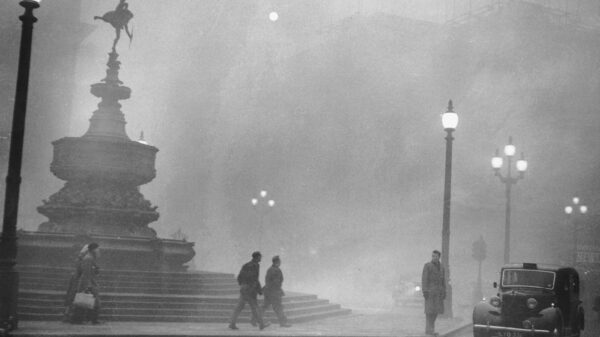The latest film adaptation of Colleen Hoover’s popular young adult novel, “Regretting You,” directed by Josh Boone, has made its debut. Released by Paramount Pictures on March 15, 2024, the film presents a blend of tragedy, romance, and moments that may feel overly sentimental to some viewers.
Boone previously directed the acclaimed adaptation of “The Fault in Our Stars,” known for its emotional depth and themes of love and loss. “Regretting You” attempts to capture similar elements but often falls into a tonal imbalance that can leave audiences feeling confused.
Plot Overview and Character Dynamics
The film introduces us to Morgan, played by Allison Williams, and Jonah, portrayed by Dave Franco, during their high school years. Their chemistry is evident, but circumstances complicate their relationship as Jonah dates Morgan’s sister, Jenny. Meanwhile, Morgan finds herself in a relationship with Jonah’s friend, Chris. The narrative takes a significant turn when Morgan discovers she is unexpectedly pregnant, setting the stage for the interwoven relationships that define the story.
Seventeen years later, the couples’ dynamics evolve, yet they remain surprisingly intact. Morgan is married to Chris, who had previously made a dismissive comment about her fun-loving nature. Jenny and Jonah are co-parenting a child born from a one-night stand, which introduces further complexity to their interactions. This setup leads to conflicts, particularly around Morgan’s daughter, Clara, played by Mckenna Grace, who aspires to attend drama school. The tension between mother and daughter feels forced at times, diverting attention from the more engaging aspects of the narrative.
Emotional Peaks and Valleys
The film takes a darker turn when tragedy strikes, serving as a catalyst for character development and relationship reevaluation. Readers familiar with Hoover’s work will recognize the impending sense of loss, which permeates the film. A pivotal accident dramatically alters the family dynamic, resulting in a mix of grief and reflection that is central to the storyline.
While the script offers some humorous moments, particularly a scene involving a shopping cart filled with wine bottles, the overall execution can feel disjointed. The film oscillates between poignant moments and stretches of corny dialogue that undermine its emotional weight. A notable example is the line about pain relief, which may prompt unintended laughter given its context.
Despite these shortcomings, “Regretting You” does deliver on certain fronts. The performances of Williams and Franco provide grounding, and the film showcases the challenges of parenthood and the complexities of familial relationships. However, audiences may find themselves rolling their eyes at the overly sentimental conclusion, which feels rushed and contrived.
In summary, “Regretting You” has its merits, particularly for fans of the genre, but it struggles with tonal consistency and relies heavily on clichés. The film is rated PG-13 for sexual content, drug and alcohol use, and brief strong language, with a running time of 117 minutes. While it may not be a tear-jerker on the level of Boone’s previous work, the film offers a glimpse into the tangled lives of its characters, wrapped in a package that occasionally veers into the territory of melodrama.





































































